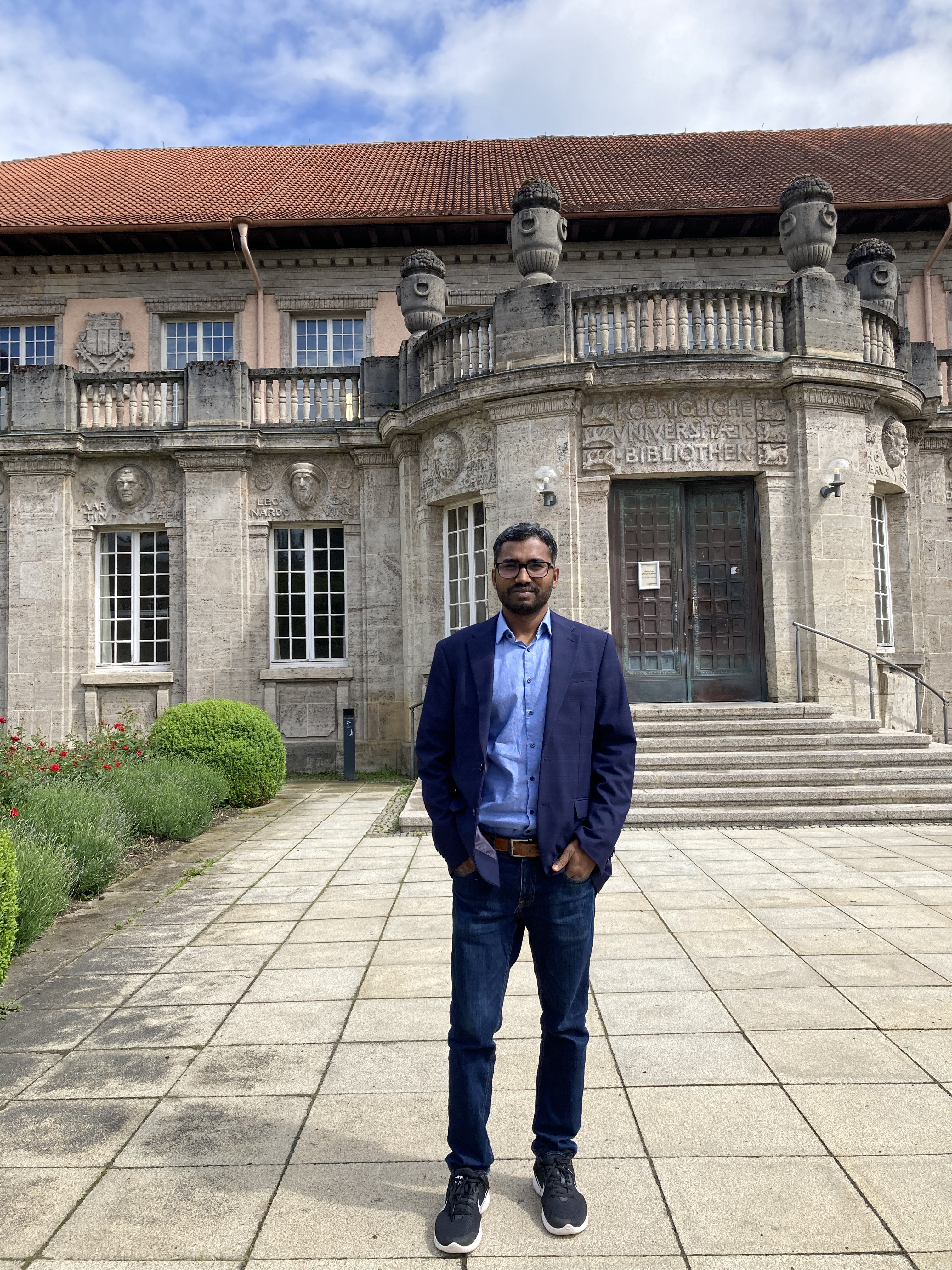16.07.2024
[Lecture Series:] Making Shaheen Bagh a creative imagined 'public space': Protest, and the Citizenship Amendment Act, 2019 [CAA] in India
Thursday, 18 July 2024, 18.00 - 20.00 CET, Online via Zoom
On 18 July, 18.00 - 20.00 CET Dr. Deep Chand (Global Encounters Fellow, University of Tübingen) will give a talk on "Making Shaheen Bagh a creative imagined 'public space': Protest, and the Citizenship Amendment Act, 2019 [CAA] in India". This talk will be held online via Zoom and is part of the G-TURN lecture series "Urbanities in a Global Perspective: Crises, Change, and Continuity".
Click here for the corresponding poster
Abstract
The government of India passed the Citizenship Amendment Act 2019 (CAA) to offer citizenship to six non-Muslim communities (Hindus, Sikhs, Christians, Buddhists, Jains, and Parsis) who had fled Pakistan, Bangladesh, and Afghanistan to escape religious persecution and arrived in India before 31 December 2014. The act does not grant such eligibility to Muslims of the said countries. The exclusion of Muslims from the scope of citizenship criteria has led to massive protests nationwide at different times and spaces. In this process, Shaheen Bagh became the epicentre of the anti-CAA protest, which was mainly led by women, particularly Muslim women. Using the narrative interview, newspaper analysis, and theoretical analysis of public space, this talk aims to understand how Shaheen Bagh has emerged as creative imagined ‘public space’ during the entire protest. This will explore how Shaheen Bagh is constitutive of three dimensions: imagined, creative, and controlled, which makes it a public space.
Bio
Deep Chand is a global encounters fellow at the Institute for Sociology, University of Tübingen, working with Prof. Bani Gill. He completed his PhD in sociology from Goethe University Frankfurt and an MA and M.Phil. from Tata Institute of Social Sciences, Mumbai, India. His broader research areas are the sociology of policing, urban citizenship and neighbourhood, social inequality, sociology of education, and ethnography.

